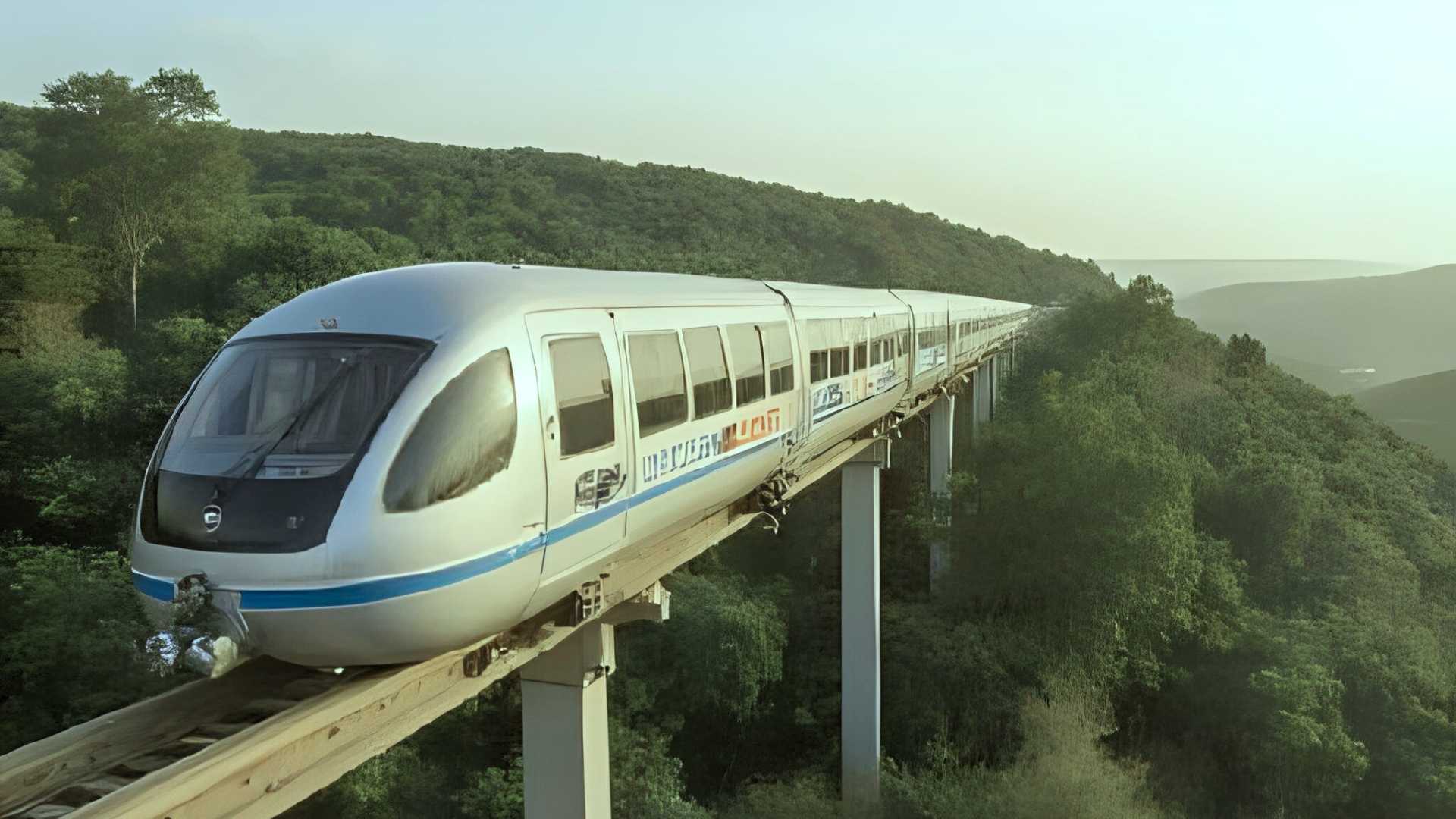African Monorail
The Vision
The African Monorail Initiative establishes a hemp-powered transportation network across Africa while simultaneously addressing desertification, refugee migration, and economic development through integrated whole systems thinking.
This comprehensive proposal creates three strategic corridors that would fundamentally transform Africa's connectivity while generating sustainable economic opportunities along their entire length, demonstrating how large-scale infrastructure can serve environmental restoration, economic development, and social justice simultaneously.
Continental Corridor Network

6,000 km
Kenya/Djibouti
to Mali
2,200 km
Mozambique
to Namibia/Angola
1,800 km
Mozambique
to Namibia/SA
Integrated Systems Architecture
Vertical Integration: Hemp-to-Transportation
The initiative operates on complete vertical integration, beginning with industrial hemp cultivation along monorail corridors and advancing through sophisticated processing into transportation fuel. This approach utilizes advanced cultivation technologies and cutting-edge farming equipment to optimize hemp growth while implementing anti-desertification technologies including vortex water flows, climate regeneration, and desalination techniques to transform arid landscapes.
Hemp-based manufacturing produces pipes, plastics, oils, and construction materials that drive industrial innovation, while the system integrates solar panels, biomass energy, and Direct Carbon Fuel Cells (DCFCs) culminating in hemp-powered monorail development with elevated track design that minimizes environmental impact.
Horizontal Integration: Community Development
Community education and AI-guided tools optimize farming operations, soil health monitoring, and crop management. The initiative ensures a $5 minimum wage while providing sustainable hemp-based housing, solar energy, and quality water supply for all participants.

Sustainable
Permaculture
Indigenous polyculture with seven crops and livestock for soil health

Water
Conservation
Advanced drip irrigation and rainwater harvesting for water efficiency

Crop
Rotation
Strategic polyculture practices maintaining soil fertility naturally

Cottage
Industries
Local production with global market access via monorail network
Core Objectives
The initiative addresses multiple interconnected challenges through a unified approach:

Continental Transportation
Establish hemp-powered monorail across Africa connecting major economic zones

Environmental Restoration
Integrate anti-desertification efforts and combat climate change through green corridors

Community Development
Provide sustainable living and economic opportunities for communities along routes

Circular Economy
Create self-sustaining economic systems through hemp cultivation and processing
Financial Framework
The proposed financial structure leverages major Asian banking institutions including the Asian Infrastructure Investment Bank (AIIB), New Development Bank (NDB), and China Development Bank (CDB), utilizing quantitative easing approaches similar to those implemented by major central banks since 2009.
Payback Period
Price Reduction
The trust structure features private trusts transferring funds to blockchain-managed public trusts for transparency, with tokenized payment systems enabling regional tracking. The economic strategy involves systematic market disruption across energy, hemp products, biofuels, sustainable food, plastics, and transportation markets.
Implementation Strategy
Feasibility Study & Pilot Projects
Conduct comprehensive feasibility studies and launch pilot projects to establish proof of concept and community engagement models.
Infrastructure & Community Development
Begin systematic construction while initiating comprehensive community programs ensuring local benefit and participation.
Rapid Expansion & Scaling Up
Expand network and scale production and distribution systems to full continental capacity.
BioFactory Network Integration
The African Monorail integrates seamlessly with our BioFactory Whole System Economy through shared hemp processing facilities that provide materials for both housing construction and transportation fuel production. Community development models proven through pilot implementations inform engagement strategies, while circular economy principles are applied to continental infrastructure development.
This integration demonstrates how multiple large-scale initiatives can reinforce each other, creating synergistic effects that multiply impact while sharing resources and expertise across projects.
Partnership Opportunities
- Continental integration and trade facilitation
- Comprehensive anti-desertification and climate restoration programs
- Refugee migration mitigation through sustainable local economic opportunity creation
- Access to large-scale infrastructure development with demonstrated returns
- Participation in emerging hemp and renewable energy markets
- Systematic market disruption opportunities across multiple sectors
- Direct employment in construction, operation, and hemp production
- Continental transportation network access
- Comprehensive technical training ensuring long-term economic participation
The African Monorail Initiative represents a comprehensive proposal for continental transformation through integrated hemp-powered infrastructure, anti-desertification efforts, and community-centered development.